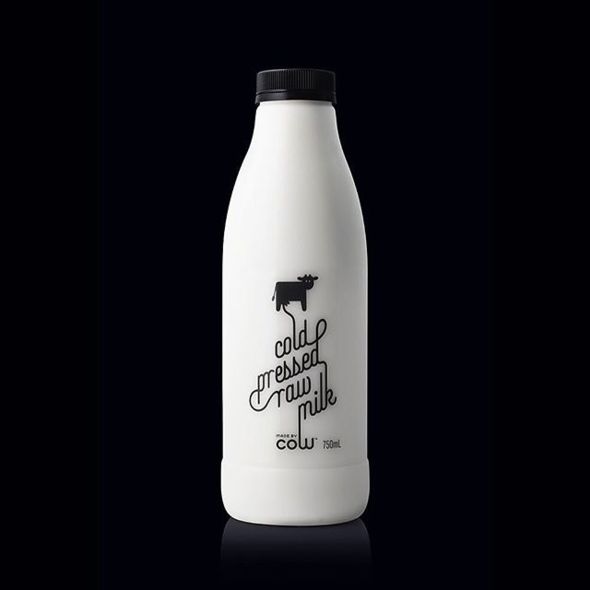Is Raw Milk Safe?
Advocates tout the advantages of raw milk, but specialists question the nutritional value and food safety of this dairy item. Discover the possible hazards of raw milk.
As the rising popularity of organic farmers and foods’ markets has shown, individuals are progressively interested in knowing how and where their food is produced. Normally, this type of interest is a good thing. Nevertheless, not all “natural” foods are healthy. Certain foods, for example, raw milk, can be dangerous — even if they are organic and locally produced.
Regularly, milk and other dairy items in the grocery store are pasteurized and homogenized for increased food safety. “Pasteurization is a procedure of heating milk to a particular temperature and length of time in order to kill harmful bacteria,” clarifies Tanya Zuckerbrot, RD, MS, owner of Tanya Zuckerbrot Nutrition, LLC, in New York City.
“Homogenization of milk is a procedure in which milk and its constituents (fat particles and watery portions) are forced through a fine screen at high weight, resulting in a uniform fluid that will not different since the fat particles are blended with the water,” she says. Homogenization allows milk to maintain its creamy texture and remain fresher longer after being pasteurized.
Raw milk, on the other hand, experiences neither of these procedures. Regularly, it comes straight from the cow. “Crude milk is promoted as natural, taken right from cows who were fed fresh, natural green grass,” says Constance Brown-Riggs, RD, CDE, author of The African American Guide To Living Well With Diabetes and a nutritionist and certified diabetes educator in New York City. “And that’s what many consumers are looking for — to go back to nature.”
The Purported Benefits of Raw Milk
Defenders of raw milk believe there are various of benefits to drinking milk in its natural state. More people claim that the milk tastes much better, since it remains in its purest form. Since it has not been heated or homogenized, they also say that it has more useful minerals, vitamins, and enzymes than your standard off-the-shelf milk from a market. Finally, it’s often stated that the enzymes and helpful bacteria left in the milk allow individuals with lactose intolerance to drink it with ease.
“Raw milk advocates claim that these larger amounts of vitamins and minerals reduce allergies and asthma in youngsters, prevent osteoporosis, and provide several other benefits,” notes Zuckerbrot. “However, there is no substantial scientific proof supporting the health benefits of raw milk, which has made it a highly controversial food.”



Facebook Comments